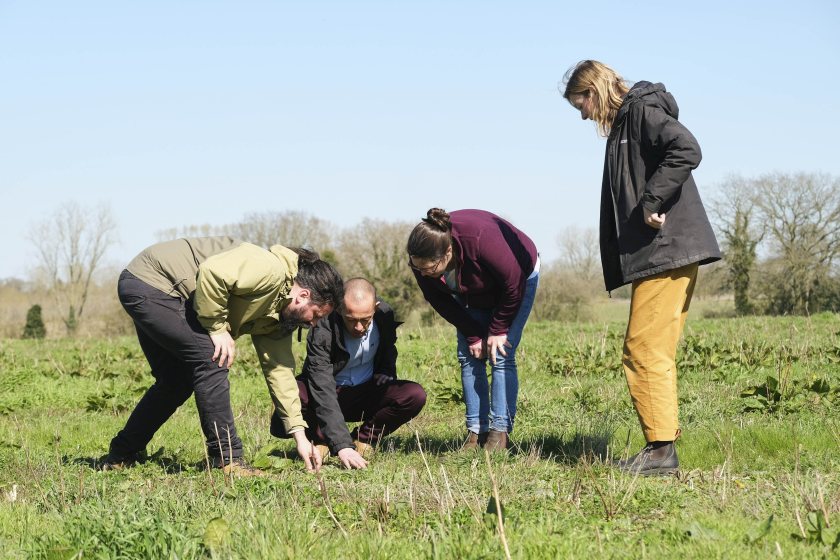Ribena blackcurrant growers launch regenerative project

A research project has launched that aims to reduce greenhouse gas emissions from the growing of blackcurrants through regenerative farming practices.
The project will take place across 60 hectares of blackcurrant production at Gorgate Farm in Norfolk, which has been growing for Ribena since the 1950s.
It is part of Ribena owner Suntory Group’s ambition to support crop resilience and reduce carbon emissions from its supply chain.
The pilot project will launch this month, and is backed by investment from Suntory for at least three years.
Rosie Begg, a second generation blackcurrant grower at Gorgate Farm, said challenging climatic and economic conditions over the past few growing seasons had inspired her to adopt regenerative practices.
She said: “The aim is by focusing on soil biology restoration, we can allow natural processes to support blackcurrant production without so much intervention, benefiting both the environment and blackcurrants we grow substantially.”
The project will focus on minimising external inputs while improving soil health, plant nutrition and environmental protection.
This will include sap sampling to better understand and optimise blackcurrant plant nutrition – the theory being macro and micro-nutrient imbalances affect plant resilience and attack by pests and diseases.
It will also include the utilisation of novel and organic inputs - both fertiliser and crop protection - to replace conventional inputs, as well as the creation of diverse alleyway swards to feed the soil, increase carbon.
Harriet Prosser, agronomist at Suntory Group, said the project represented a shift away from more conventional practices.
"The aim is to produce quality data that will enable us to scale up these principals to the wider industry," she explained.
"We’re not just tackling greenhouse gas emissions, we’re looking to increase the amount of life, in our soil, in turn improving soil health and fertility which benefits the blackcurrant itself.
"This is an ambitious project - we want to do this important work while maintaining a commercial yield of high quality juicy British blackcurrants that will go into making Ribena for the next 85 years.”








